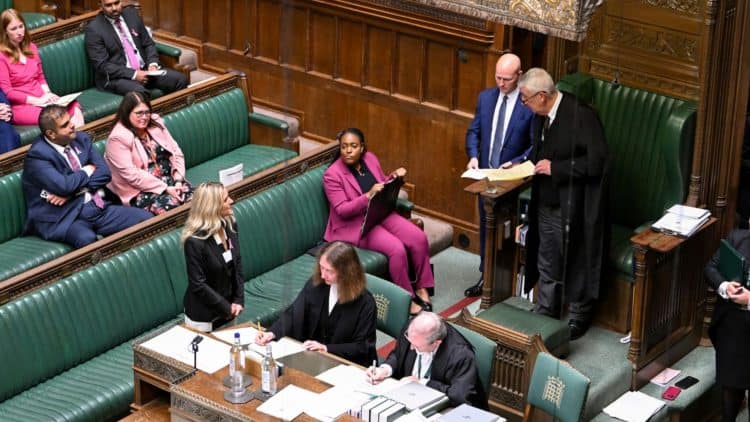A historic moment last year when MPs took a step forward toward legalising assisted dying in England and Wales after backing a bill that would allow terminally ill adults expected to die within six months the right to end their lives.
However, Labour Kim Leadbeater, the MP originally behind the bill has called for a legislation change to the bill proposed. She has called for amendments to scrap the high court signoff and replace it with an expert panel. Leadbeater states how this proposal is a strength to have more expertise and to spot potential abuse.
Several concerns were raised previously over the court’s capacity to hear each individual case which led Leadbeater to change her originally proposed Terminally Ill Adults (End of Life) Bill.
But this has provoked an angry backlash on not only those who opposed it but also MPs who voted in favour of the bill.
Will these changes to the bill not be as safe and effective as it was suggested originally, and can it create a further risk to vulnerable and marginalised people?
Many people voted for the bill to prevent suffering for terminally ill people and that they should be given the choice of a less painful death on their own terms. But reframing law is complex and unintended consequences may follow.
But this bill and the recent proposed change highlight increased concerns about its ethics and safeguards.
There are many compelling reasons to legalise assisted dying in the UK, but we must remember the value and imperative of good end-of-life care. Shouldn’t the government focus more on putting extra funding into palliative care to alleviate suffering further?
However, a survey by Florence Nightingale Faculty of Nursing, Midwifery & Palliative Care at King’s reported that over 100,000 people in the UK die each year after not receiving palliative care. This can be part of the inequalities in accessing care in which we need to break down these barriers so that everyone can access the care that they need.
With further concerns on the possibility of people being coerced into an assisted death to religious objections based on the sanctity of life.
Last year before the vote on the assisted dying bill, Sky News spoke to two individuals who were both terminally ill and had months to live but had very different views on the issue. Clare, a retired psychotherapist said it is more than not suffering and added: “We would get prosecuted for letting animals die the way we allow humans to.”
Philip puts his religious views against assisted dying. As a Christian pensioner, he said that end-of-life and palliative care services need to be further improved to help people manage their pain better.
This new proposal will be voted on by a committee of MPs scrutinising the bill.
You may also like: Retired general slams Elon Musk as ‘national security risk’







